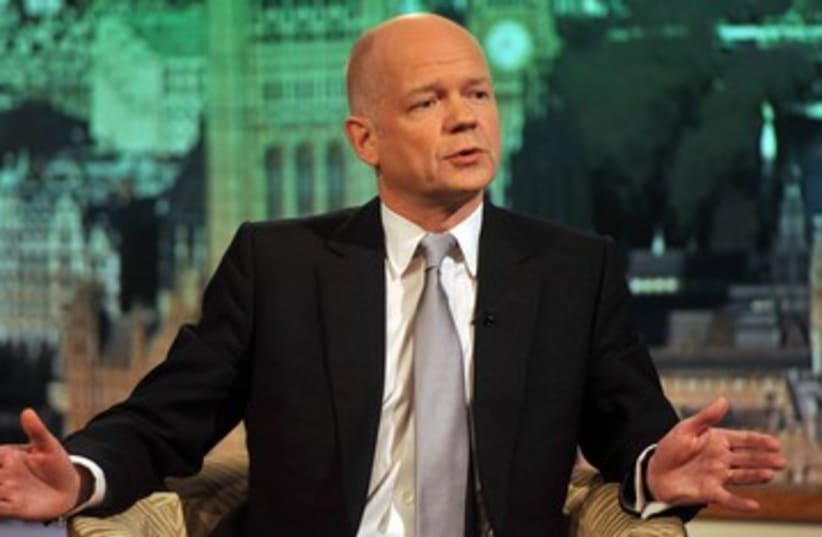Reuters contributed to this report.
British FM joins appeal to Israel: ‘Don’t hit Iran’
PM avoids subject in speech to American Jewish leaders in J'lem after meeting with US National Security Adviser Donilon.

Reuters contributed to this report.